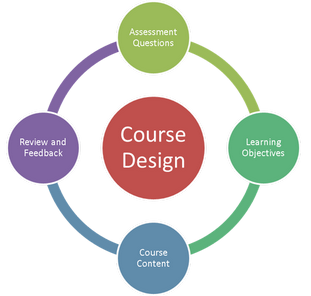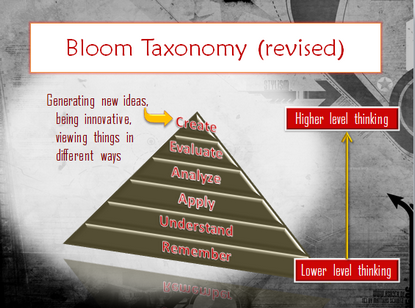Campus Placements 2023 :


| B. Tech CSE (CS) - PROGRAM EDUCATIONAL OBJECTIVES (PEO's) | |
|---|---|
|
A graduate of Computer Science and Engineering (Cyber Security) will be able to: |
|
| PEO - I | Recognized as effective professionals for their applied skills, problem solving capabilities and professional skills in the field of cyber security. |
| PEO - II | Develop themselves as effective communicators that help them for employment in the areas of cyber security and related fields. |
| PEO - III | Incorporate ethical, legal and social implications as outcomes of their profession. |
| PEO - IV | Actively engage themselves in activities which allow for the continuous development of their computing and cyber security skills. |
| B. Tech CSE (CS) - PROGRAM OUTCOMES (PO's) | |
|---|---|
|
A graduate of the Computer Science and Engineering (Cyber Security) Program will demonstrate: |
|
| PO1: | Engineering knowledge: Apply the knowledge of mathematics, science, engineering fundamentals, and an engineering specialization to the solution of complex engineering problems. |
| PO2: | Problem analysis: Identify, formulate, review research literature, and analyze complex engineering problems reaching substantiated conclusions using first principles of mathematics, natural sciences, and engineering sciences. |
| PO3: | Design/development of solutions: Design solutions for complex engineering problems and design system components or processes that meet the specified needs with appropriate consideration for the public health and safety, and the cultural, societal, and environmental considerations. |
| PO4: | Conduct investigations of complex problems: Use research-based knowledge and research methods including design of experiments, analysis and interpretation of data, and synthesis of the information to provide valid conclusions. |
| PO5: | Modern tool usage: Create, select, and apply appropriate techniques, resources, and modern engineering and IT tools including prediction and modeling to complex engineering activities with an understanding of the limitations. |
| PO6: | The engineer and society: Apply reasoning informed by the contextual knowledge to assess societal, health, safety, legal and cultural issues and the consequent responsibilities relevant to the professional engineering practice. |
| PO7: | Environment and sustainability: Understand the impact of the professional engineering solutions in societal and environmental contexts, and demonstrate the knowledge of, and need for sustainable development. |
| PO8: | Ethics: Apply ethical principles and commit to professional ethics and responsibilities and norms of the engineering practice. |
| PO9: | Individual and team work: Function effectively as an individual, and as a member or leader in diverse teams, and in multidisciplinary settings. |
| PO10: | Communication: Communicate effectively on complex engineering activities with the engineering community and with society at large, such as, being able to comprehend and write effective reports and design documentation, make effective presentations, and give and receive clear instructions. |
| PO11: | Project management and finance: Demonstrate knowledge and understanding of the engineering and management principles and apply these to one’s own work, as a member and leader in a team, to manage projects and in multidisciplinary environments. |
| PO12: | Life-long learning: Recognize the need for, and have the preparation and ability to engage in independent and life-long learning in the broadest context of technological change. |
| B. Tech CSE (CS) - PROGRAM SPECIFIC OUTCOMES (PSO's) | |
|---|---|
|
A graduate of Computer Science and Engineering (Cyber Security) acquires ability to: |
|
| PSO1: | Develop secure software with vulnerability assessment, and security requirements, designed with the least privileges for the protection of digital applications. |
| PSO2: | Evaluate the function of cyber security by identifying the tools and systems to minimize the risk to an organization’s cyberspace. |
| PSO3: | Apply machine learning models, methods, and techniques for data analysis, data handling, and data visualization for effective decision-making. |